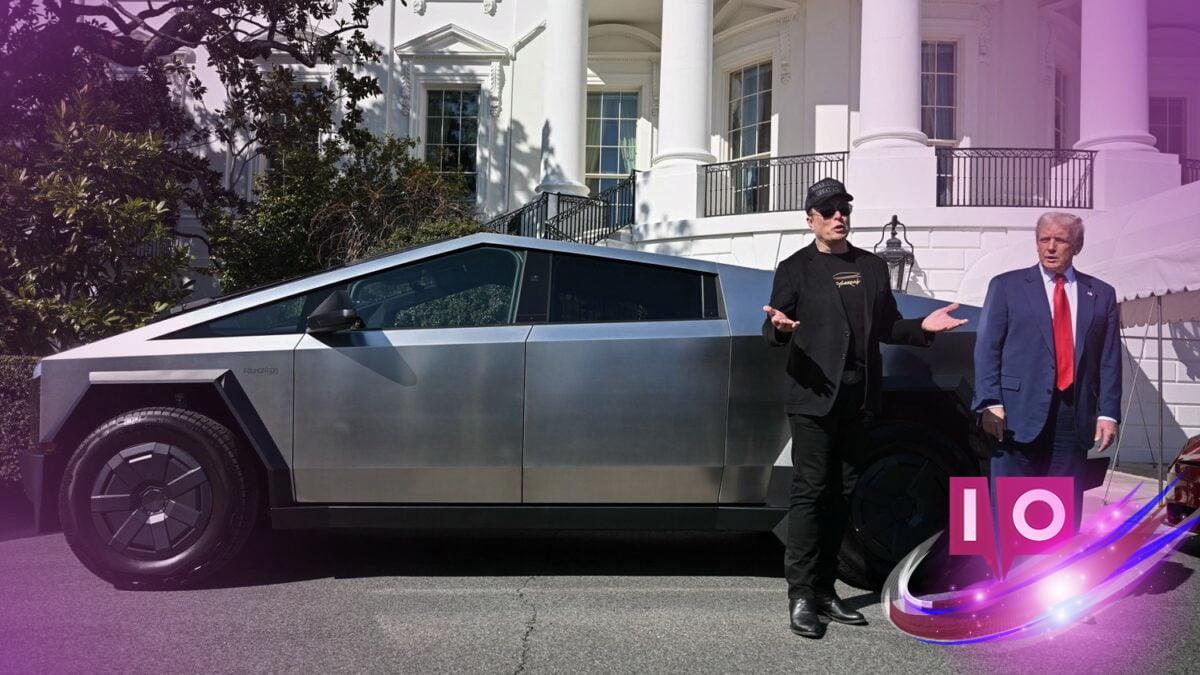Tesla is once again in the spotlight, and this time it’s for reasons that have many owners venting their frustrations towards Elon Musk. The highly anticipated electric vehicle manufacturer is currently facing a class-action lawsuit regarding claims that it has failed to deliver certain Foundation Series Cybertrucks with the roof-mounted LED off-road light bars that were promised to buyers.
The lawsuit aims to represent all California customers who received their Foundation Series Cybertruck without this sought-after feature.
Filed by Eric Schwartz, a plaintiff from California, the lawsuit states Schwartz paid an additional $20,000 (approximately €18,700) for the upgraded light bar but received a truck without it instead. After his attempts to resolve the matter directly with Tesla proved fruitless, he turned to legal action. According to Schwartz’s legal team, he experienced an “injury in fact” due to Tesla not delivering the product he had already paid for.
The complaint also suggests that many buyers might not have proceeded with their Cybertruck purchases if they had been aware that Tesla’s marketing around the light bars was deceptive and that the company had no plans to deliver such an upgrade.
Growing Legal Issues for Musk
This isn’t the only legal challenge Musk is currently facing. In fact, this represents at least the third significant lawsuit against him with key developments this week.
On August 20, a Texas judge ruled that a lawsuit against Musk can continue, despite his attempts to dismiss it. In this case, individuals who submitted their personal data to a Musk PAC in hopes of winning $1 million are alleging it was an illegal lottery. The judge determined that Musk’s legal argument was weak, allowing the case to proceed to trial.
Additionally, just this week, U.S. District Judge Rita Lin mandated that Tesla respond to a separate class-action suit, which claims the company misled consumers regarding its autonomous driving capabilities. The lawsuit suggests Tesla exaggerated the vehicle’s self-driving features through Musk’s public statements and social media, failing to deliver on those high expectations.
What should Tesla owners consider when facing such issues?
It’s crucial for customers to stay informed about their rights and the features promised during the purchase. The ongoing legal disputes suggest that monitoring product claims and keeping a record of purchases can serve buyers well in ensuring that they receive what they pay for.
What are Tesla’s obligations to deliver features as advertised?
According to consumer protection laws, companies like Tesla have a responsibility to deliver goods that match their advertising claims. If they fail to do so, customers may have grounds for legal action, as seen in Schwartz’s case.
Can customers participate in this class-action lawsuit against Tesla?
Yes, any California resident who purchased a Foundation Series Cybertruck without the promised light bar may be eligible to join the class-action lawsuit. It is recommended that customers seek legal advice to understand their options better.
What impact could this lawsuit have on Tesla’s reputation?
The ongoing legal issues could potentially harm Tesla’s reputation, especially if they result in significant public backlash or financial penalties. Transparency and trust are essential in maintaining consumer loyalty.
As these stories evolve and more details emerge, it’s clear the tech giant has its work cut out to convince its customer base that it stands by its promises. If you’re interested in staying updated on developments like these and more in the world of technology and automobiles, feel free to continue exploring related content at Moyens I/O.
